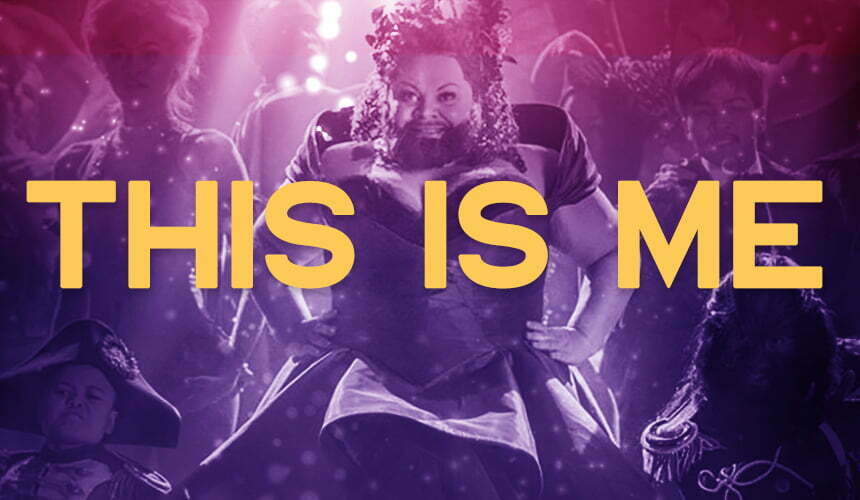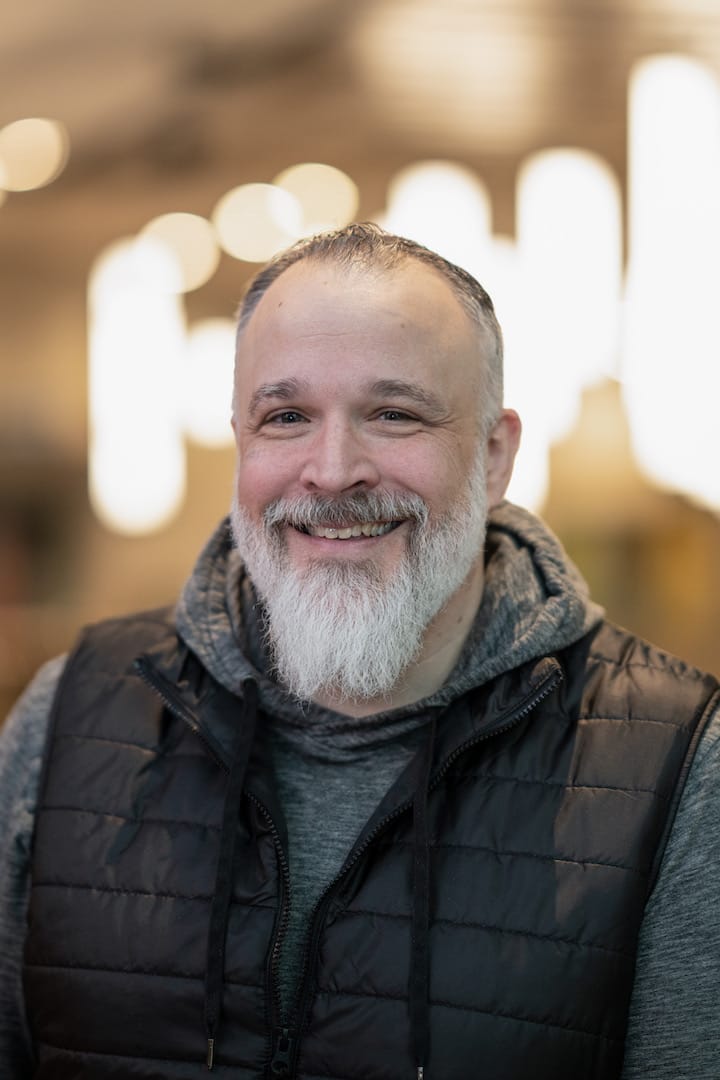

“This Is Me” is easily one of the most powerful songs in The Greatest Showman was performed by Keala Settle. Keala plays the part of Lettie Lutz, better known as the infamous bearded lady. She beautifully proclaims the following lyrics.
I’m not a stranger to the dark
Hide away, they say
‘Cause we don’t want your broken parts
I’ve learned to be ashamed of all my scars
Run away, they say
No one will love you as you areBut I won’t let them break me down to dust
I know that there’s a place for us
For we are gloriousWhen the sharpest words wanna cut me down
I’m gonna send a flood, gonna drown them out
I am brave, I am bruised
I am who I’m meant to be, this is me
Look out ’cause here I come
And I’m marching on to the beat I drum
I’m not scared to be seen
I make no apologies, this is me
From the beginning of time the world has written a negative narrative about anyone that appears different from what is considered normative. How about a brief history lesson?
It is enlightening to read Glenda Watson Hyatt’s article titled “What is in a word? The evolution of disability language.” She traces back the treatment of people affected by disability throughout human history. In ancient Greek times infants that didn’t measure up to their standards of physical perfection were drowned in the river. In medieval times people affected by disabilities were made to be jesters or participants in freak shows. And in more recent times the disabled were the first to be eliminated by Hitler and the Nazis.
All these horrible examples shed a very negative light on culture’s view of people that live with disability. History sends the message that disability is not desirable.
Of course, Bible times would be different, right? Gulp. Let take just a quick look at few things.
The cultural view of people with disabilities in Bible times was that they were sinners (John 9). Disability was believed to be the result of sin. This would have disqualified all people that lived with disability from being a part of God’s family and the Church.
People affected by disability during the ministry of Jesus were homeless and abandoned by their society. We can see this in the words of Jesus when the servant in the Parable of the Great Banquet (Luke 14) is told to go out in the streets and alleys to find the “blind, lame, and crippled.”
Unfortunately, negative again.
So, the views of disability from the beginning of time have not been good, to say the least. Now back to more modern times.
Since the actual term, disability, is only a few hundred years old why don’t we stop and dissect it. The word disability is made of up two parts, a root word (ability) and a prefix (dis). Now I’m getting nervous. I feel like I am back in English class. We know that prefixes have jobs to do. The job of the prefix is create a new word with a different meaning by being added to the beginning of the root word.
The root word “ability” means to have the power, capacity, or competence to do something.
The prefix “dis” is used to change the meaning of anything it comes before in a negative way. It means that whatever is precedes it takes away or removes.
Add the two together (dis – ability) and you get a word disability. The word disability means the lack of the power, capacity, or competence to do something. Simply it means to be without ability.
It is no wonder that Lettie Lutz in the song say that she is no “stranger to the dark.” Her society has told her an age-old message… “Run away, they say No one will love you as you are.” This heartbreaking message remains even to this day.
For Lettie Lutz to be brave enough to stand up to the negative script of her society and say “we are glorious” is nothing short of miraculous. Yes! Lettie Lutz you are “glorious.”
Psalm 139:13-14 (NIRV) confirms that you are in fact “glorious.”
You created the deepest parts of my being.
You put me together inside my mother’s body.
How you made me is amazing and wonderful.
I praise you for that.
What you have done is wonderful.
I know that very well.
There are no exceptions to this passage. There are no pre-qualifying statements. God simply declares that you are “glorious” because He made you just as He wanted to. He thought of you long ago. He dreamed about how amazing and wonderful your creation would be. He smiled upon you and as He created you He said, “It is good. It is very good.”
Lettie Lutz also bravely declared, “I am who I’m meant to be, this is me.” Once again Lettie Lutz affirms a profound truth. The truth that God makes no mistakes (John 9 & Exodus 4). Lettie Lutz was not a mistake. Lettie Lutz was a “glorious” creation of God. We are all created to be who God created us to be. It is society that often has difficulty accepting colorful paintbrush that God creates with. It is society that puts limitations upon people that it cannot understand or place in a normative box, not God.
What if we, the Church, were able to embrace with open arms the vast creation that God smiles upon and says is “wonderful” and “amazing” and in fact “glorious”?
Now that would be a “glorious” thing!
All “The Greatest Showman” name, lyrics and images copyright Twentieth Century Fox Film Corporation.


